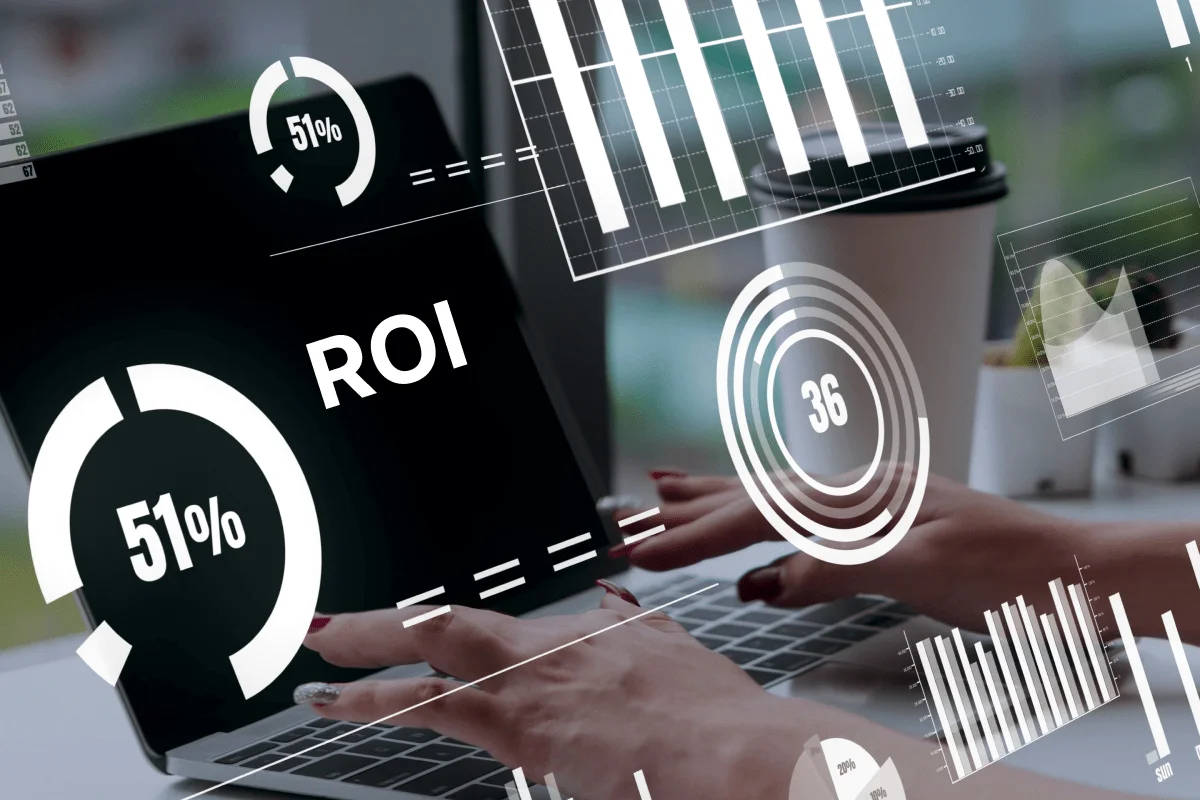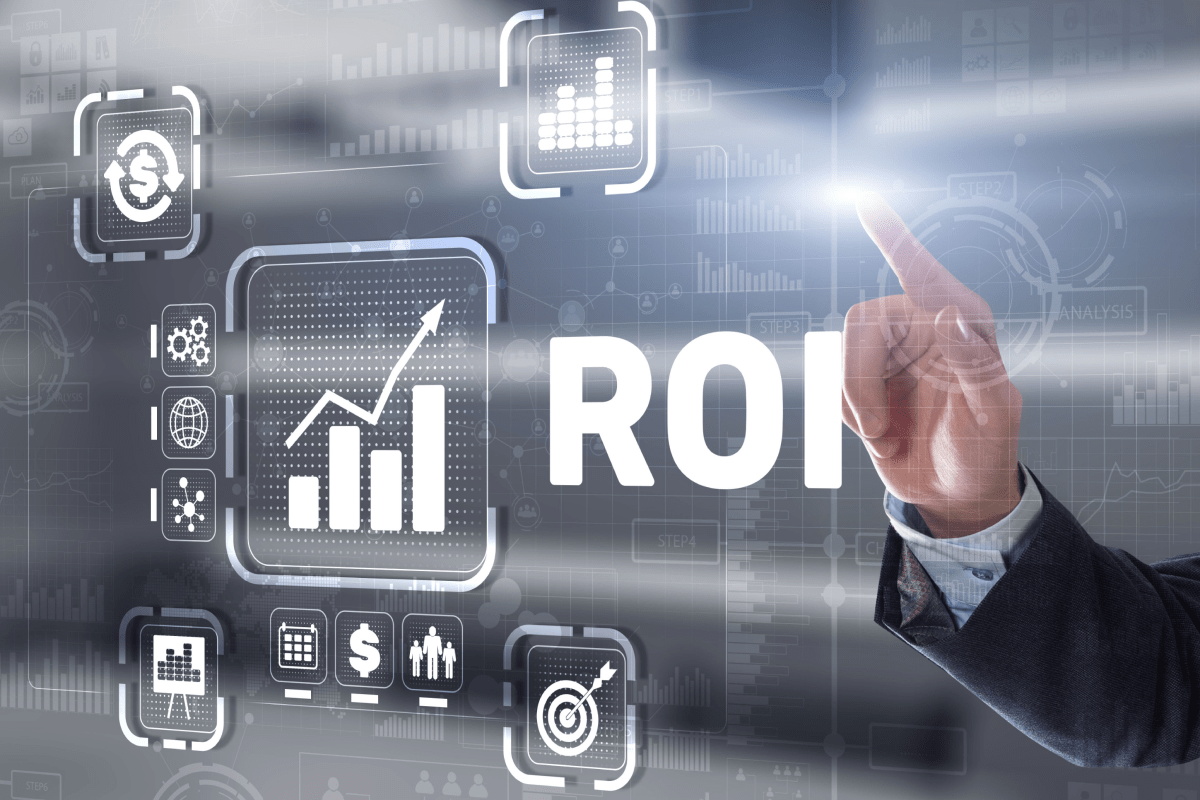Introduction
In today’s dynamic business landscape, staying ahead of the competition requires adopting innovative strategies that engage the audience and deliver measurable results. One such strategy is automated marketing. Leveraging technology and data-driven insights, businesses can maximize their Return on Investment (ROI) and create a more efficient and personalized marketing approach.
Understanding Automated Marketing Campaigns
Automated marketing campaigns use software and technology to streamline and automate marketing processes. This includes tasks such as sending emails, posting on social media, lead nurturing, and more. The goal is to reduce manual effort, increase efficiency, and deliver more targeted and timely messages to the audience.
Key Components of Automated Marketing Campaigns
Customer Segmentation:
Automated marketing allows businesses to categorize their audience based on demographics, behavior, and preferences. By understanding the distinct needs of different segments, marketers can tailor their messages for greater relevance and resonance.
Personalization:
Personalized communication is a cornerstone of successful marketing. Automated campaigns enable businesses to send personalized messages, offers, and content to individual customers, enhancing the overall customer experience and fostering stronger connections.
Behavioural Triggers:
By setting up triggers based on customer behaviour, businesses can send automated responses or targeted messages. If a customer abandons their shopping cart, an automated email can be triggered to remind them or offer a discount to encourage purchase completion.
Lead Nurturing:
Automated marketing campaigns excel in lead nurturing by delivering a series of pre-defined messages to guide prospects through the sales funnel. This process helps build trust and keeps the brand top-of-mind, increasing the likelihood of conversions.
Analytics and Reporting:
Comprehensive analytics tools integrated into automated marketing platforms provide valuable insights into campaign performance. Marketers can track key metrics, analyze customer behavior, and refine strategies based on real-time data, contributing to continuous improvement.
Maximizing ROI through Automated Marketing Campaigns
Cost Efficiency:
Automated marketing significantly reduces manual labor, allowing businesses to allocate resources more efficiently. This cuts down operational costs and enables marketers to focus on strategic planning and creative aspects of campaigns.
Time Savings:
Time is a precious resource in the fast-paced world of marketing. Automation allows marketers to schedule campaigns in advance, ensuring timely delivery without constant manual intervention. This time-saving aspect enhances productivity and enables teams to work on more impactful tasks.
Improved Lead Quality:
Through advanced lead scoring mechanisms, automated marketing platforms can identify and prioritize high-value leads. This ensures that sales teams focus on prospects with a higher likelihood of conversion, maximizing the ROI on sales efforts.
Enhanced Customer Engagement:
Automation enables businesses to maintain consistent and meaningful communication with customers. By delivering personalized and timely content, businesses can keep their audience engaged throughout the customer journey, ultimately leading to increased brand loyalty and repeat business.
Scalability:
Automated marketing campaigns are easily scalable, making them suitable for businesses of all sizes. As the business grows, the automated system can adapt to handle increased workloads without a proportional increase in manual effort, ensuring scalability without compromising efficiency.
Expanding the Horizon of Automated Marketing
Integration with CRM Systems:
Integrating automation platforms with Customer Relationship Management (CRM) systems allows businesses to centralize customer data. This integrated approach enhances the effectiveness of targeted campaigns by providing a unified view of customer behavior across various touchpoints.
Multi-Channel Campaigns:
The modern consumer interacts with brands across multiple channels, from social media and email to website visits and mobile apps. Automated marketing campaigns can seamlessly integrate across these channels, creating a consistent and cohesive brand experience.
A/B Testing for Optimization:
Continuous improvement is a fundamental aspect of successful marketing strategies. Automated marketing platforms often come equipped with A/B testing capabilities. By analyzing test results, marketers can optimize their campaigns for better performance, driving higher conversion rates and maximizing ROI.
Dynamic Content Personalization:
Dynamic content personalization tailors not only the messaging but also the actual content of the campaign based on individual user preferences and behavior. This ensures that each customer receives the most relevant and engaging information, enhancing the impact of marketing efforts.
Lead Scoring Refinement:
Continuous refinement of lead scoring criteria enhances its effectiveness. By analyzing past campaigns and converted leads’ behavior, marketers can better identify high-value leads. This iterative process ensures marketing efforts are directed towards prospects with the highest conversion potential.
Compliance and Data Security:
With the increasing focus on data privacy, businesses must ensure that their automated marketing campaigns comply with regulations, such as GDPR. Implementing robust data security measures builds trust and enhances the brand’s reputation.
Adaptive Marketing Strategies:
The business landscape is dynamic, and consumer behavior can change rapidly. Automated marketing campaigns should be designed with adaptability in mind. Regularly updating strategies based on market trends, customer feedback, and performance metrics ensures campaigns remain relevant and effective.
Conclusion
Maximizing ROI through automated marketing is an ongoing process that involves strategic planning, technological integration, and continuous optimization. Businesses that invest in understanding their audience, embracing innovative technologies, and adapting their strategies to the evolving landscape are well-positioned for sustainable growth in the digital era. Automated marketing, when used with precision and creativity, becomes a powerful ally in building lasting customer connections and financial success.










